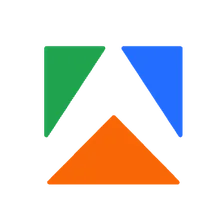A CSS selector matching HTML elements that will be removed from the DOM, before converting it to text, Markdown, or saving as HTML. This is useful to skip irrelevant page content. The value must be a valid CSS selector as accepted by the document.querySelectorAll() function.
By default, the Actor removes common navigation elements, headers, footers, modals, scripts, and inline image. You can disable the removal by setting this value to some non-existent CSS selector like dummy_keep_everything.
Default:nav, footer, script, style, noscript, svg, img[src^='data:'],
[role="alert"],
[role="banner"],
[role="dialog"],
[role="alertdialog"],
[role="region"][aria-label*="skip" i],
[aria-modal="true"]


